 SERPrecon
VS
SERPrecon
VS
 Serpdrill
Serpdrill
SERPrecon
SERPrecon helps users improve their search engine rankings by analyzing websites using the same methods as search engines. It goes beyond traditional lexical analysis, employing semantic metrics, including vectors, machine learning and natural language processing, to understand the context and meaning of content.
This allows for in-depth comparison with competitors, identification of missing keywords and topics, and provides instant feedback on content changes. The tool helps users understand how search engines perceive their content, and how they can improve it to rank better in search results.
Serpdrill
Serpdrill harnesses artificial intelligence to streamline the process of keyword research and content creation for SEO professionals, bloggers, and businesses. The platform analyzes live Google search results to uncover weak spots in your target niche, such as low-authority domains and thin content, enabling users to easily find keywords with low competition.
In addition to detailed SERP analysis, Serpdrill features automated keyword clustering, competitor research, and trend identification. Its AI content model generates long-form, SEO-optimized drafts in minutes, allowing users to produce well-structured content tailored to their chosen keywords and outrank competitors efficiently. Designed with an intuitive interface and robust filtering tools, Serpdrill simplifies SEO strategy for users at any experience level.
Pricing
SERPrecon Pricing
SERPrecon offers Free Trial pricing with plans starting from $10 per month .
Serpdrill Pricing
Serpdrill offers Freemium pricing with plans starting from $16 per month .
Features
SERPrecon
- Extract Competitor Keywords: Use a BERT based natural language processing algorithm, and entities to uncover key topics to improve SEO copy.
- Get Instant Feedback: Edit your copy and see how lexical and semantic relevance scores change.
- Compare Search Results Over Time: Automatically archive and compare search results. See who moved up/down and what key metrics correlated to those changes.
- Understand Title Tag Re-Writes: See how Google re-writes title tags.
- Understand HOW users search: Move beyond keywords and look at entities, related searches, questions people ask, BERT extracted keywords, and bigrams.
- AI Advice & Content Outlines: Feed all of our data points and competitive information into AI to create the perfect content outline for dominating search results.
Serpdrill
- Live SERP Analysis: Analyzes current Google search results to identify keyword opportunities.
- Low-Competition Keyword Detection: Spots weak domains, thin content, forums, and other easy-to-outperform results.
- AI Content Generation: Instantly creates SEO-optimized drafts exceeding 3,000 words.
- Automated Keyword Clustering: Groups keywords based on SERP analysis for easier organization.
- Competitor Keyword Extraction: Reveals the keywords competitors are ranking for in your niche.
- Bulk SERP Analysis: Analyze multiple SERP results at once for deeper competition insights.
- Advanced Filtering: Customize analyses to target specific keyword patterns and niches.
- Import Support: Import existing keyword lists from other tools for streamlined workflow.
- Country and Language Targeting: Supports Google searches for various countries and languages.
- Historical Trend Indicators: Provides monthly data to identify and act on emerging trends.
Use Cases
SERPrecon Use Cases
- Optimizing existing content for better search engine rankings.
- Identifying content gaps compared to competitors.
- Understanding search engine behavior and adapting SEO strategies.
- Creating data-driven content outlines.
- Tracking search result changes over time.
Serpdrill Use Cases
- Identify low-competition keywords to increase website search rankings.
- Generate long-form, SEO-optimized articles for content marketing.
- Conduct bulk SERP analysis for in-depth competitor research.
- Discover trending keywords in a specific industry or market.
- Organize and cluster keyword lists for streamlined editorial planning.
- Target keywords for local SEO strategies and regional campaigns.
Uptime Monitor
Uptime Monitor
Average Uptime
99.11%
Average Response Time
603.18 ms
Last 30 Days
Uptime Monitor
Average Uptime
100%
Average Response Time
783.03 ms
Last 30 Days
SERPrecon
Serpdrill
More Comparisons:
-
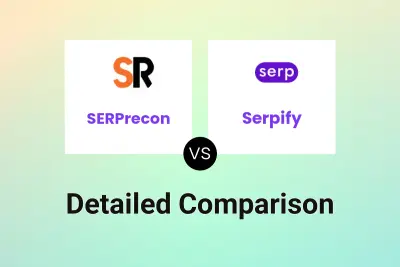
SERPrecon vs Serpify Detailed comparison features, price
ComparisonView details → -
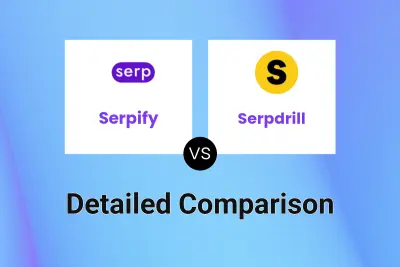
Serpify vs Serpdrill Detailed comparison features, price
ComparisonView details → -
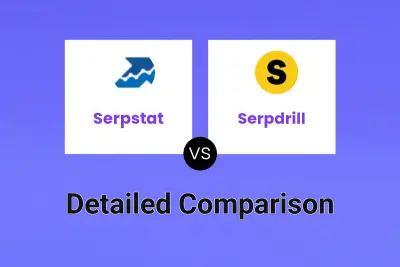
Serpstat vs Serpdrill Detailed comparison features, price
ComparisonView details → -
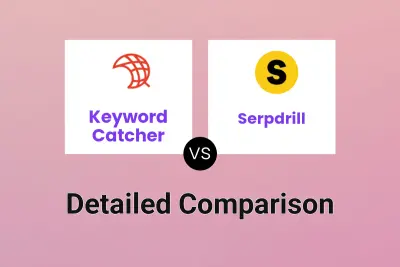
Keyword Catcher vs Serpdrill Detailed comparison features, price
ComparisonView details → -
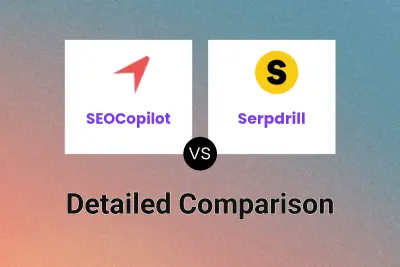
SEOCopilot vs Serpdrill Detailed comparison features, price
ComparisonView details → -
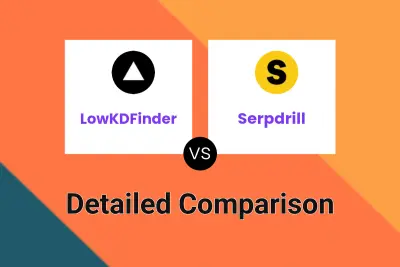
LowKDFinder vs Serpdrill Detailed comparison features, price
ComparisonView details → -
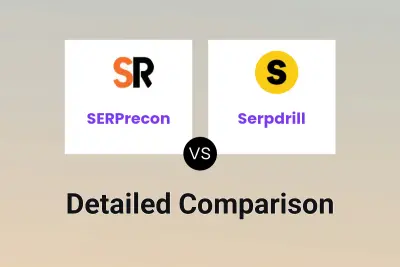
SERPrecon vs Serpdrill Detailed comparison features, price
ComparisonView details → -
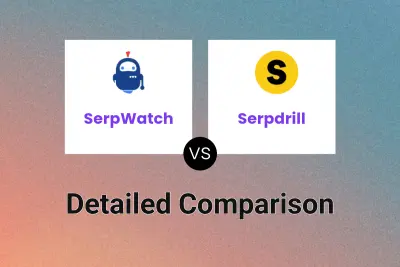
SerpWatch vs Serpdrill Detailed comparison features, price
ComparisonView details →
Didn't find tool you were looking for?